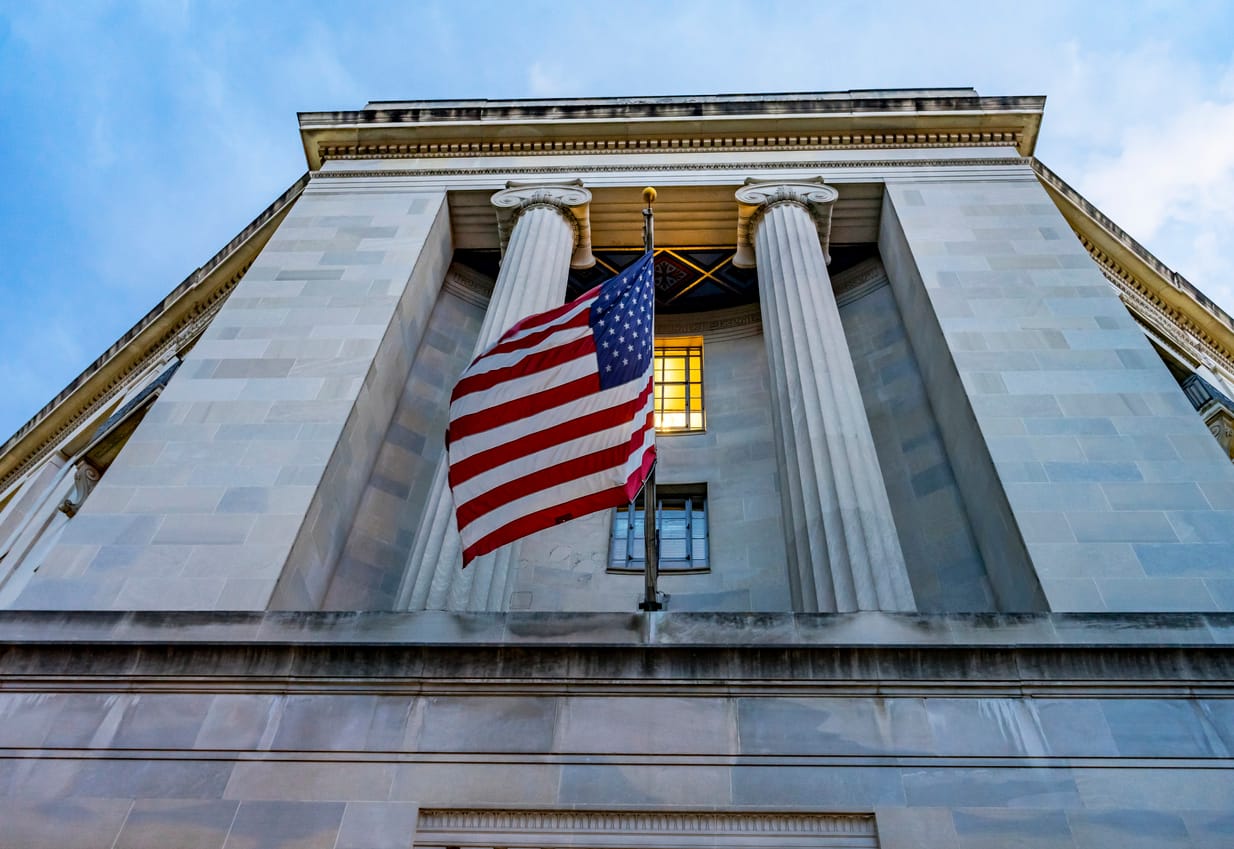The U.S. Department of Justice (DOJ) appears to be reevaluating its approach to cryptocurrency-related investigations, potentially signaling a retreat from aggressive enforcement tactics that characterized its previous strategy. This shift is influenced by a combination of factors, including the rapidly evolving regulatory environment surrounding digital currencies, the complexity of tracking crypto transactions, and the need for a more balanced approach that could foster innovation while maintaining necessary oversight.
Over the past few years, cryptocurrencies have gained increasing acceptance among investors and businesses, transforming from a niche asset to a significant part of global financial markets. However, with this rapid growth has come various challenges, particularly concerning regulation and enforcement. The DOJ’s initial foray into the regulatory landscape sought to address concerns surrounding fraud, money laundering, and other illicit activities associated with digital currencies. These investigations led to high-profile prosecutions and significant courtroom battles, often capturing widespread media attention.
As the cryptocurrency market matures, experts suggest that an overly aggressive enforcement stance could hinder legitimate innovation and discourage the development of beneficial technologies. Critics of the DOJ’s past approaches argue that the blanket scrutiny applied to all cryptocurrency transactions fails to distinguish between legitimate use cases and criminal activities. This has prompted discussions within the department about revisiting its enforcement tactics to create a more nuanced framework that recognizes the unique characteristics of cryptocurrency.
A key aspect of this reassessment involves understanding the dynamic nature of the cryptocurrency ecosystem, which is marked by rapidly changing technologies and user behaviors. Cryptocurrencies are often associated with decentralized transactions, which complicates traditional modes of investigation and regulatory compliance. As such, the DOJ is contemplating whether its current methodologies are adequately equipped to navigate the complexities inherent in digital currencies.
The changing landscape of regulation also plays a pivotal role in the DOJ’s reconsideration of its cryptocurrency investigations. As federal and state regulations evolve, there is a growing emphasis on crafting coherent frameworks that balance consumer protection with the promotion of technological advancement. Policymakers are increasingly recognizing the necessity of collaboration with industry stakeholders to develop effective regulations that support innovation. This shift toward a more cooperative regulatory approach opens the door for the DOJ to recalibrate its enforcement strategies to align with the overarching goals of safeguarding the marketplace while not stifling progress.
Furthermore, prominent figures within the DOJ have signaled the importance of establishing clear guidelines for cryptocurrency firms and users. Recent discussions suggest that the department is considering the potential benefits of engaging with the cryptocurrency community and other regulatory bodies to foster a more comprehensive understanding of the sector. By doing so, the DOJ could bridge the gap between enforcement and innovation, ensuring that its activities are perceived as supportive rather than punitive.
The DOJ’s contemplation of scaling back on certain cryptocurrency investigations raises important questions about accountability and the potential implications for the future of digital currencies. As regulatory emphasis shifts toward establishing clearer guidelines, it is crucial for the department to navigate the delicate balance between enforcing laws against illegal activities and allowing for the healthy growth of the cryptocurrency market.
In addition to considering the implications of its investigative practices, the DOJ’s introspection calls attention to the global context of cryptocurrency regulation. Countries around the world are grappling with how best to regulate digital currencies, with many jurisdictions exploring various models for oversight. The DOJ’s approach may find itself influenced by international standards and best practices, leading to a more harmonized set of regulations that prioritize both consumer protection and innovation in the cryptocurrency space.
However, a potential pullback does not equate to a lack of vigilance. The DOJ remains committed to conducting thorough investigations into major fraud cases involving cryptocurrencies and ensuring that those who exploit the system for illicit gains are held accountable. The department recognizes the importance of maintaining its role as an enforcer of the law while adapting to the changing landscape in which it operates.
In conclusion, the U.S. Department of Justice’s reevaluation of its cryptocurrency investigations reflects an essential shift in recognizing the complexities and nuances of the digital currency market. A more measured approach could pave the way for developing effective regulations that both protect consumers and promote innovation within the sector. As discussions continue, the balance the DOJ seeks to strike will be critical in shaping the future of cryptocurrencies in the United States, providing a framework for both compliance and creative development as the market continues to evolve.


